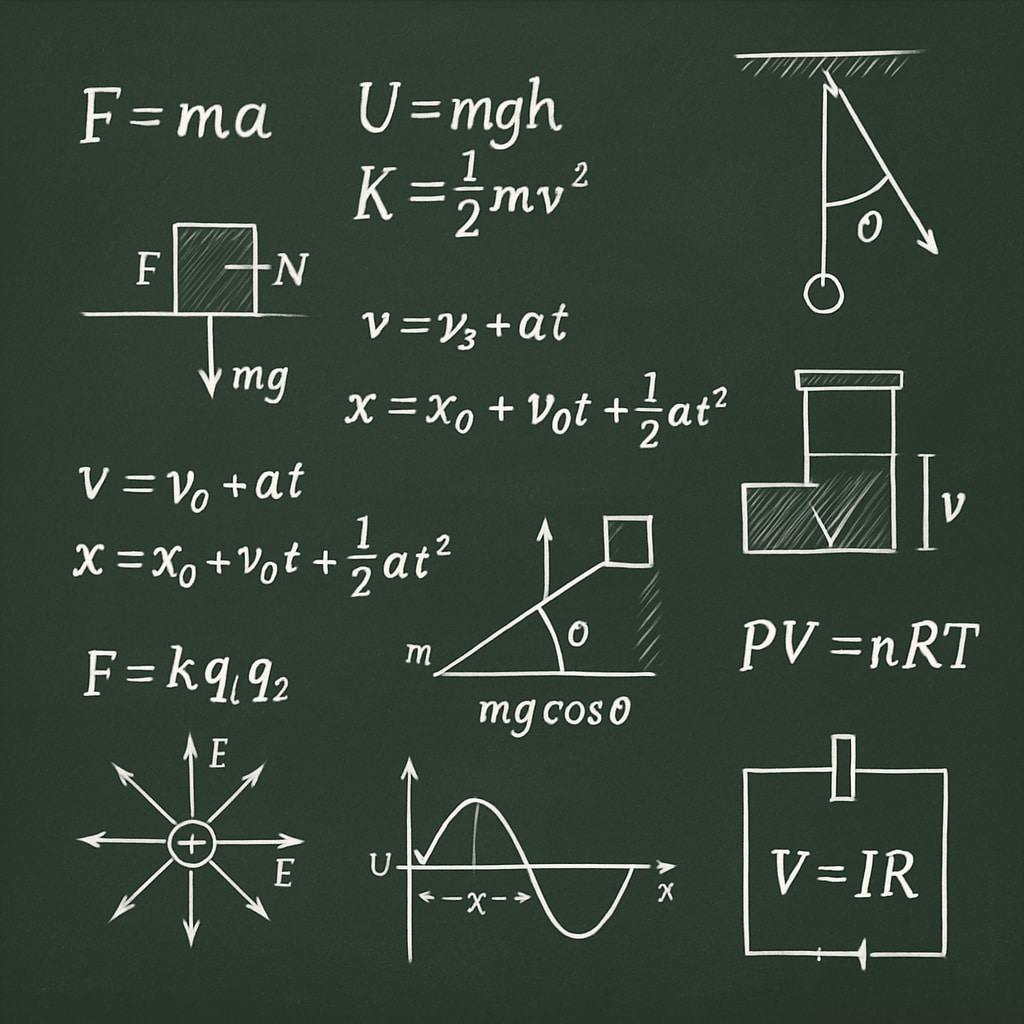Preparing for multiple backlog exams in a physics degree can be a daunting task, especially when time is limited. Effective time management is crucial in such scenarios, alongside adopting streamlined study techniques. In this article, we will explore proven methods to overcome academic hurdles and achieve your goals efficiently.
Understanding the Challenges of Physics Backlogs
Physics is a subject that demands both conceptual clarity and problem-solving skills. Accumulated backlogs can often result in stress and disorganization, making it harder to focus. To manage this effectively, it’s essential to first identify the root causes of your backlogs:
- Inconsistent study habits
- Poor time management
- Underestimating the complexity of topics
- Lack of proper resources or guidance
Once the challenges are identified, you can begin to develop a structured plan to overcome them.

Time Management Strategies for Success
Time management is the foundation of academic success, particularly when dealing with backlogs. Here are key strategies to help you make the most of your limited time:
- Prioritize Backlog Subjects: Rank courses based on difficulty and weightage. Focus on high-priority subjects first.
- Create a Realistic Schedule: Allocate specific time slots for each subject, ensuring a balance between study and rest.
- Use the Pomodoro Technique: Study in short, focused intervals (e.g., 25 minutes) followed by a 5-minute break to maintain concentration.
- Eliminate Distractions: Find a quiet study environment and turn off notifications on your devices.
For additional details on effective time management techniques, you can refer to resources like the Wikipedia page on Time Management.
Mastering Physics Concepts Quickly
To excel in physics, you must balance theoretical understanding with practical problem-solving. Here are some tips to optimize your learning process:
- Focus on Core Topics: Identify topics that frequently appear in exams and concentrate your efforts there.
- Use Visual Aids: Diagrams, graphs, and flowcharts can simplify complex concepts and enhance retention.
- Practice Previous Papers: Solve past exam papers to familiarize yourself with question patterns and time constraints.
- Leverage Online Resources: Platforms like Khan Academy and YouTube offer concise explanations of challenging physics topics.

As a result of implementing these techniques, you can significantly improve your understanding and performance in physics, even within constrained timelines.
Staying Consistent and Motivated
Consistency and motivation are critical when tackling academic challenges. Here are some practical tips to stay on track:
- Set Achievable Goals: Break down your objectives into smaller, manageable tasks.
- Reward Yourself: Celebrate small victories to maintain motivation.
- Seek Support: Join study groups or seek guidance from professors to clarify doubts quickly.
- Stay Physically Active: Regular exercise can boost focus and reduce stress.
Finally, remember that setbacks are part of the learning process. Embrace them as opportunities to grow and refine your approach.
Conclusion
Completing a physics degree with backlog exams requires dedication, strategic planning, and effective time management. By prioritizing tasks, mastering key concepts, and staying motivated, you can overcome these challenges and achieve academic success. For further insights into managing academic workloads, consider exploring trusted educational resources like Britannica’s Education Section.
With determination and the right strategies, you can not only clear your backlogs but also build a strong foundation in physics, setting the stage for future success.
Readability guidance: Use clear headings, concise paragraphs, and visual aids to enhance comprehension. Employ lists to summarize key points effectively. Ensure a balance between practical advice and motivational insights.


